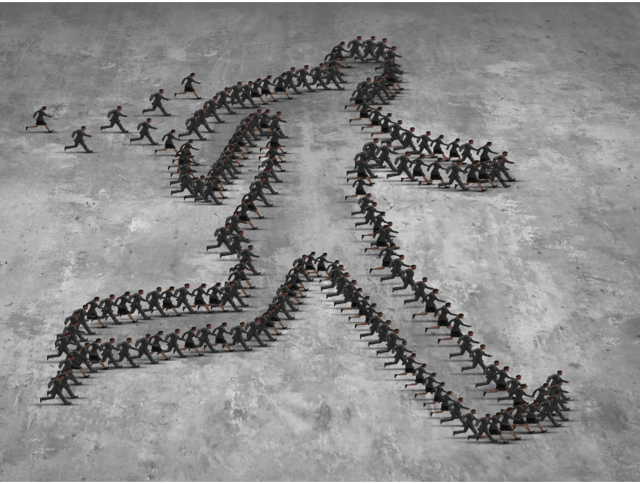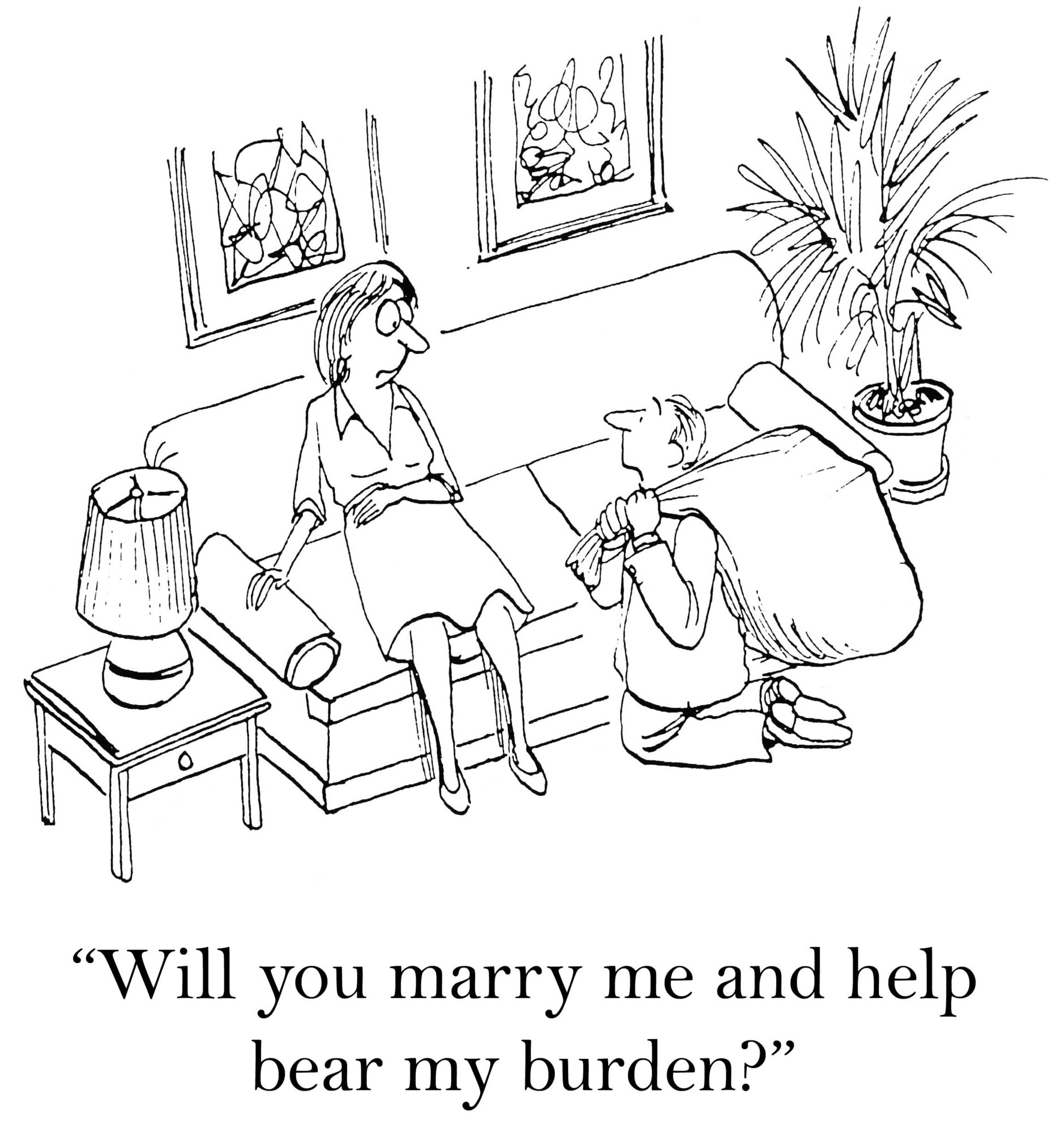
Last year, unemployment was shockingly high, while demand for coaching surged.
The pandemic wreaked havoc on the world of work and the resulting confusion sent millions running for the help of coaches. Whenever there is mass confusion, a significant percentage of people will question their previous choices and wonder what's next for them. That's when they need coaches. It happened after 9/11, too.
This year, as the availability of vaccinations slows the spread of Covid-19, workplaces are again opening up, but workers are saying, "No Thanks!"
How is that impacting coaching? Read on...
First, some data on the world of work in 2021 (Sources include Bloomberg and NPR):
- 77% of workers want the option to work from home at least some of the time to continue after the pandemic.
- 23% say they would take a 10% cut in pay to continue working from home.
- 80% of executives don't want to work at the office full time.
- Three days per week is now the most popular office workweek.
- 25% say they plan to change jobs after the pandemic.
- 20% say they already have changed jobs since the pandemic began.
- Pew Research says 60% of workers consider the pandemic a time of reckoning when they are reconsidering what is meaningful work for themselves.
These are powerful numbers.
Anytime there is this much flux in the population, millions of people hire coaches. This is why coaching usually does very well even when unemployment is high.
What reasons are people giving for changing their minds about work?
- "Vaccine hesitancy" has created a perception that working on site is dangerous because new virus variants are more contagious and more deadly and unvaccinated people can spread them.
- Childcare is still spotty and may expose children to the virus, so parents want to keep them at home.
- Workers discovered that working from home saved expenses on clothing, commuting, eating out, etc.
- They discovered they could get more done in less time without travel and constant meetings.
- Service and leisure workers cite low pay and say it isn't worth the risk.
- Service and leisure workers also were angered that managers expected them to risk their lives so other people could eat their cheeseburgers.
- People felt disrespected by employers who dumped difficult work conditions on them with too little supportive infrastructure.
- People were shocked to find how little disaster preparedness existed in their industries and that managers expected front-line workers to make up the difference.
- People are disillusioned with gig work that fails to provide benefits or decent wages.
- Medical personnel are traumatized and burnt out and are looking for new careers.
- Women and people of color have been particularly hard hit.
- Some workers took advantage of online education, while they were laid off, or working from home, to prepare them for new careers.
- Some people moved out of urban centers to avoid the virus and now don't want to commute.
- Many workers say the "old normal" was never normal, nor was it optimal or even healthy, and now they never want to return to it.
Millions of people are now transitioning to new lives. Coaches coach transitions.
What does this mean for coaching?
- Many people are no longer willing to fit their lives to their jobs. They want meaningful work that fits the lives they want.
- People are prioritizing their mental health, and even flourishing, over climbing corporate ladders.
- People are realizing their nervous systems weren't designed to deal with high-powered careers complicated by worldwide disasters.
- People are prioritizing personal life over work life.
- People want control over their own time.
- People are starting their own businesses to reflect their values.
- Even those who believe working at the office is beneficial are faced with the reality that most people are no longer willing to show up at the office, everyday.
In short, people's values around work are changing dramatically and this seismic shift will impact everything from now on.
Coaches coach transitions. Right now, just about everybody is in transition. They need you.
Twenty years ago, the founder of the coaching profession, Thomas Leonard, predicted that coaches would mostly work from home. Because nearly everyone would work from home. Now it's coming true.
Coaching is the ultimate work-from-home career.
Are you thinking about becoming a coach? Nearly all coaches are well-trained and most are certified.
Now is a good time to become a coach because the need and demand are high. You can train online, market online, and coach online.
What are you waiting for?
Download the free Become a Coach eBook and get started:

















